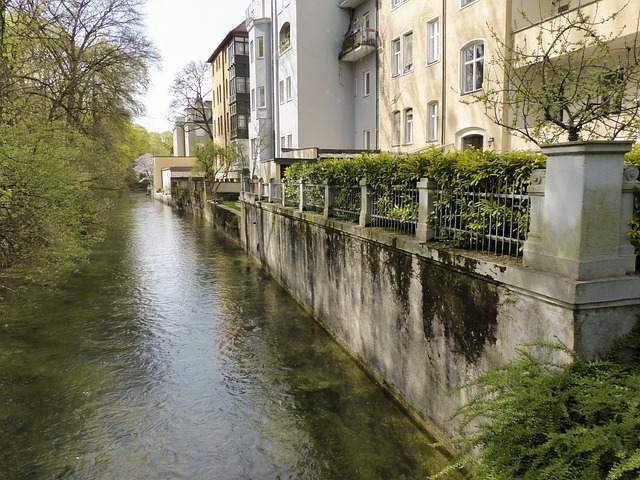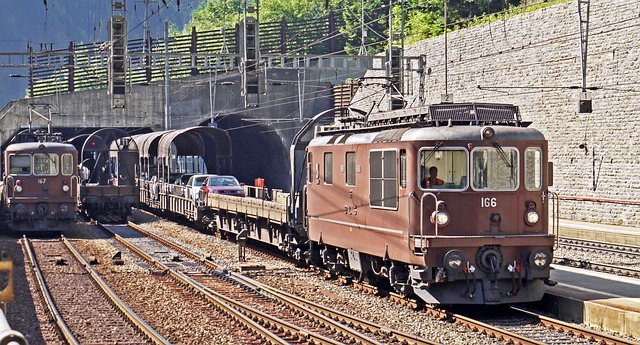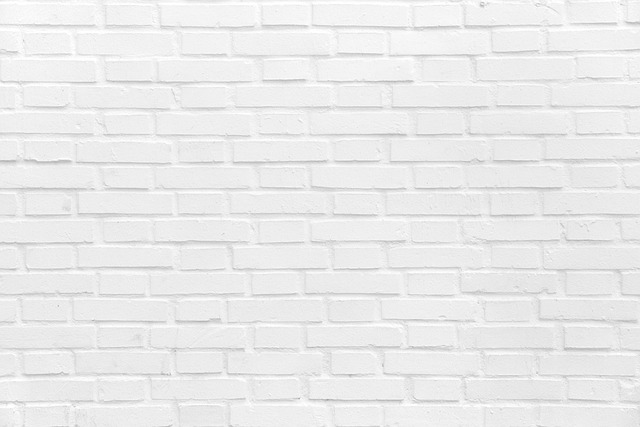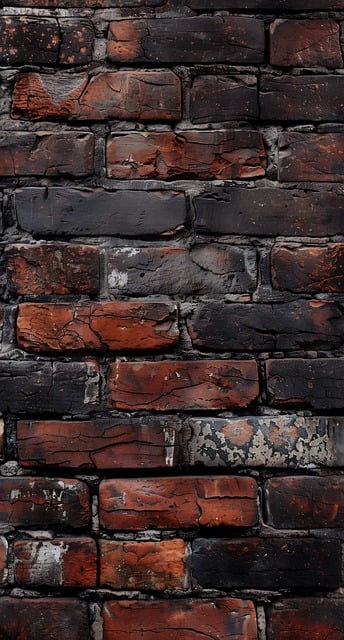When selecting a retaining wall for your property, both stone and concrete offer durable options suitable for various landscape retaining walls designs. Stone retaining walls provide a timeless look that blends with natural settings and require careful installation to ensure longevity. Concrete retaining walls, on the other hand, are versatile and strong, ideal for custom designs and capable of withstanding environmental stressors due to their compressive strength. Retaining wall construction, whether from stone or concrete, must be executed by professional services to manage soil pressure, hydrostatic pressure, and seismic forces effectively. Both materials offer functional benefits like erosion control and boundary definition, alongside aesthetic enhancements. Decorative retaining walls can be tailored to individual tastes, with options for personalized finishes and reinforcement in concrete that make them a popular choice for low-maintenance backyard retaining walls. The choice between stone and concrete retaining wall systems ultimately depends on factors like design preferences, maintenance considerations, and the specific needs of your landscape retaining walls project. Investing in quality professional retaining wall services ensures that your structure will be both beautiful and resilient for years to come.
When confronting the dynamic forces of nature, robust landscape retaining walls stand as steadfast guardians of our terrain. This article delves into the pivotal aspects of crafting durable retaining walls that endure. From evaluating materials like stone and concrete to understanding key design factors that enhance longevity, we explore the intricacies behind a retaining wall’s resilience. We will guide you through the optimal selection of materials for your retaining wall, the importance of professional installation techniques, and how to blend functionality with elegance in backyard landscape designs. With a focus on retaining wall design, construction, and maintenance, this piece is an indispensable resource for anyone seeking to build long-lasting structures that complement their outdoor spaces.
- Evaluating Materials for Durable Landscape Retaining Walls
- – Introduction to Retaining Wall Materials: Stone vs. Concrete
- – The Longevity of Stone Retaining Walls
- – Advantages and Lifespan Considerations of Concrete Retaining Walls
Evaluating Materials for Durable Landscape Retaining Walls

When embarking on a retaining wall project, selecting appropriate materials for your landscape retaining walls is paramount to ensure longevity and stability. Stone retaining walls, with their inherent durability and aesthetic appeal, are often preferred for backyard retaining walls due to their ability to withstand various environmental conditions. Different types of stone, including granite and limestone, offer a range of options that not only serve functional purposes but can also be incorporated into decorative retaining wall designs that complement your outdoor space’s overall ambiance.
The design and installation process of a retaining wall are critical factors in determining its lifespan. Retaining wall construction techniques must account for the weight of the soil behind the wall, hydrostatic pressure, and potential seismic activity. A well-designed retaining wall should include proper drainage to mitigate water accumulation that could lead to structural failure. Concrete retaining walls, with their strength and customizability, are often utilized in professional retaining wall services to meet these demands, ensuring a robust barrier against environmental stressors. Advanced engineering can also incorporate steel reinforcement into concrete for added stability, making it a reliable choice for both form and function in landscape retaining walls.
– Introduction to Retaining Wall Materials: Stone vs. Concrete

When considering retaining wall design and installation, both stone and concrete have proven to be reliable materials for landscape retaining walls. Stone retaining walls exude a timeless charm that complements natural settings, offering an enduring and rustic appeal in backyard retaining walls. Their durability and low maintenance make them a favored choice among homeowners who prioritize longevity and aesthetic value in their outdoor spaces. Concrete retaining walls, on the other hand, provide versatility and strength. With advancements in construction techniques and materials, concrete retaining wall designs have expanded beyond utilitarian functions to include decorative elements that enhance the visual appeal of any property. The choice between a stone or concrete retaining wall during the professional retaining wall services consultation should be informed by factors such as the specific terrain, soil conditions, design preferences, and maintenance capabilities. Retaining wall construction with either material is a significant investment in a home’s landscape, requiring careful planning and precise installation to ensure stability and safety over time.
– The Longevity of Stone Retaining Walls

When considering a retaining wall design that promises longevity and durability, stone retaining walls stand out as a premier choice within landscape retaining walls. These walls, crafted from natural stone, boast an inherent strength and resistance to environmental factors such as frost heave, erosion, and the pressure of the soil they contain. The key to their enduring nature lies in the meticulous installation process, which, when executed by professional retaining wall services, ensures each stone is properly bedded and interlocked. This results in a structure that not only enhances the aesthetic appeal of backyard retaining walls but also provides a reliable solution for sloped properties over time.
The construction of concrete retaining walls is another robust option often compared to stone due to its longevity and resilience against various forces. The design and installation of these walls require precision, with reinforced concrete providing the necessary strength to withstand significant lateral pressure and vertical loads. This material choice, when combined with expert professional retaining wall services, guarantees a long-lasting structure that can complement any outdoor space, offering both functionality and visual appeal as part of your landscape retaining walls system. Whether for erosion control or to define garden boundaries, the design flexibility of concrete allows it to blend seamlessly into the surrounding environment, ensuring a retaining wall that serves its purpose without compromising on style.
– Advantages and Lifespan Considerations of Concrete Retaining Walls

When considering a retaining wall design that promises both functionality and durability, concrete retaining walls stand out as an excellent choice due to their robust construction and long lifespan. Concrete’s compressive strength makes it ideal for resisting lateral pressures and soil movement, ensuring the integrity of landscape retaining walls over time. In terms of retaining wall installation, professional services are crucial for achieving both structural soundness and an aesthetically pleasing finish. These experts can tailor the design to complement your backyard retaining walls with decorative elements while maintaining the necessary stability.
The longevity of concrete retaining walls is further underscored by their resistance to environmental factors such as freeze-thaw cycles, which can be detrimental to other materials. Retaining wall construction using concrete not only guarantees a design that can withstand the test of time but also offers versatility in terms of finishes and reinforcement options, allowing for personalized backyard retaining walls that are both beautiful and resilient. With the right professional retaining wall services, these structures become a testament to enduring craftsmanship and a critical component of any property’s landscape design. Stone retaining wall systems, while also long-lasting, often require more meticulous installation and maintenance compared to their concrete counterparts, making concrete a preferred material for those seeking a low-maintenance solution.
In conclusion, the selection of materials and design for landscape retaining walls is pivotal in ensuring their longevity and aesthetic appeal. Both stone and concrete have unique advantages in terms of retaining wall construction, with stone offering timeless charm and concrete providing versatility and strength. When it comes to professional retaining wall services, understanding the nuances of retaining wall design and installation is crucial for backyard retaining walls that stand the test of time. Homeowners considering a retaining wall should carefully evaluate the pros and cons of each material, aligning their choice with both functional requirements and personal preferences to achieve a balance between form and function. With careful planning and expert execution, these structures can serve as enduring elements in your outdoor space, enhancing both its beauty and its utility for years to come.
